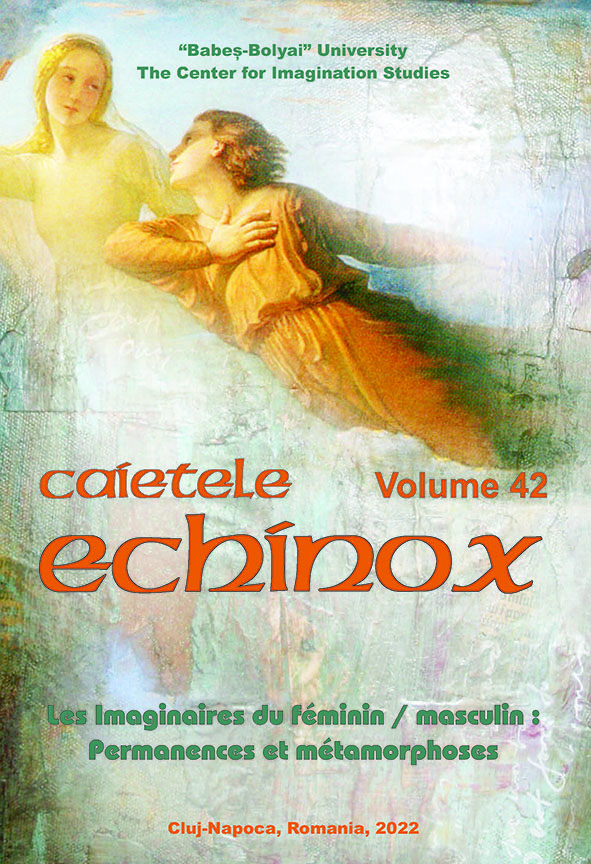„Only the Past When You Were Happy Is Real”: Feminine and Masculine Mourning in Eugene O’Neill’s Long Day’s Journey into Night
„Only the Past When You Were Happy Is Real”: Feminine and Masculine Mourning in Eugene O’Neill’s Long Day’s Journey into Night
Author(s): Noemina CâmpeanSubject(s): Gender Studies, Studies of Literature, American Literature
Published by: Universitatea Babeş-Bolyai
Keywords: Eugene O’Neill, Confession; Mourning; Loss; Suicide; Drama; Tragedy;
Summary/Abstract: The present article conveys a psychoanalytic Freudian and Lacanian examination of the feminine and masculine mourning in Eugene O’Neill’s 1940 modern tragedy Long Day’s Journey into Night. I will show that the work of mourning in this playis both feminine and masculine, but with a particular emphasis on the feminine mourning and, secondly, on the autobiographical aspect of the Tyrone/ O’Neill family. Whereas for the feminine character Mary Tyrone the darkness of her psyche appears within the sickness of the body and her mourning is repeated in a history of histerisation, Edmund Tyrone, the playwright’s alter ego and a seagull figure in the modern theatre, longs for death and he mourns nothing else but his own self.
Journal: Caietele Echinox
- Issue Year: 2022
- Issue No: 42
- Page Range: 264-275
- Page Count: 12
- Language: English
- Content File-PDF

